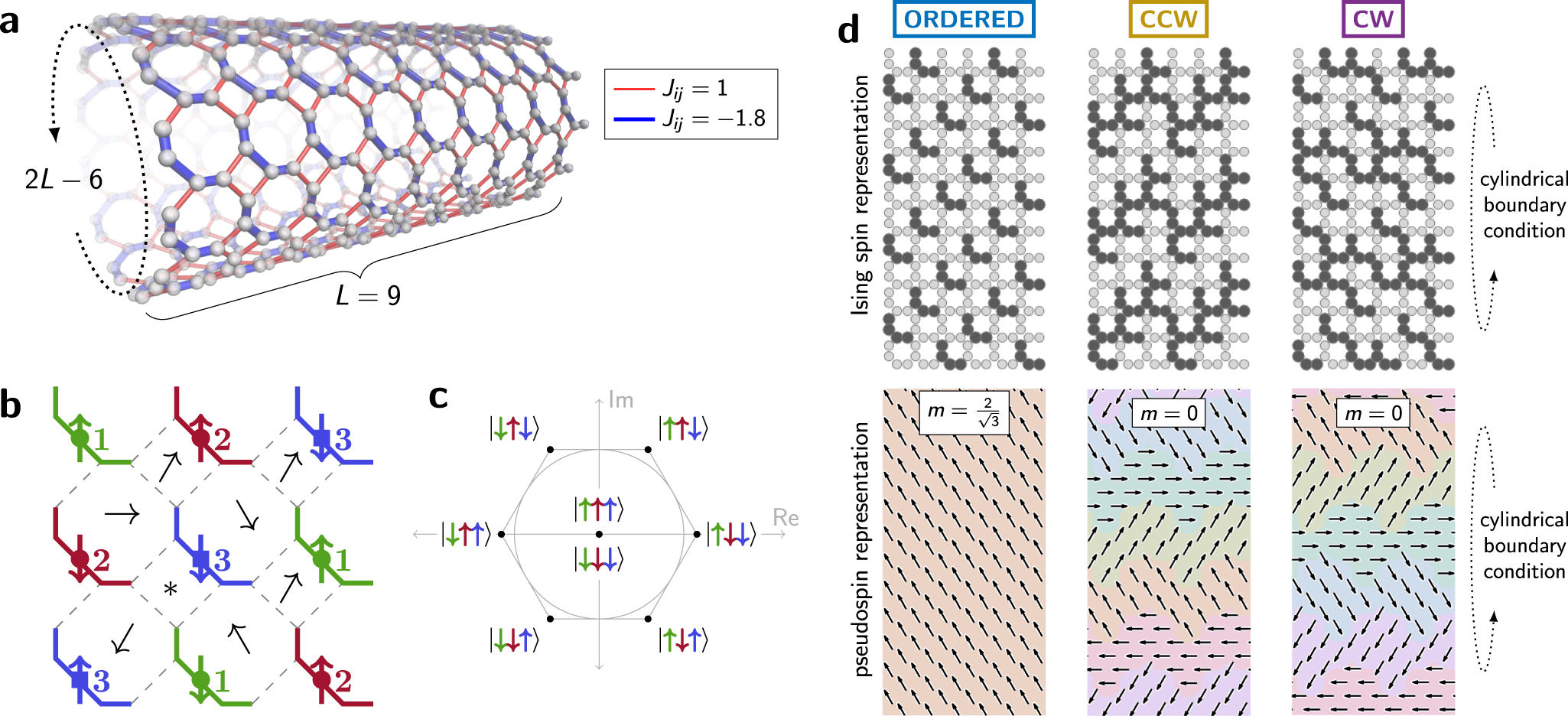
A team of researchers at IBM Research – Zurich, Switzerland, has presented a resource-efficient quantum algorithm for protein folding.
Predicting the three-dimensional structure of a protein from its primary sequence of amino acids is known as the protein folding problem. Due to the central role of proteins’ structures in chemistry, biology and medicine applications, this subject has been intensively studied for over half a century.
Although classical algorithms provide practical solutions for the sampling of the conformation space of small proteins, they cannot tackle the intrinsic NP-hard complexity of the problem, even when reduced to the simplest Hydrophobic-Polar model.
On the other hand, while fault-tolerant quantum computers are beyond reach for state-of-the-art quantum technologies, there is evidence that quantum algorithms can be successfully used in noisy state-of-the-art quantum computers to accelerate energy optimization in frustrated systems.
The team has proposed a model Hamiltonian with O(N4) scaling and a corresponding quantum variational algorithm for the folding of a polymer chain with N monomers on a lattice.
The model reflects many physico-chemical properties of the protein, reducing the gap between coarse-grained representations and mere lattice models.
They used a robust and versatile optimization scheme, bringing together Variational Quantum Algorithms specifically adapted to classical cost functions and evolutionary strategies to simulate the folding of the 10 amino acid Angiotensin on 22 qubits. The same method has also been successfully applied to the study of the folding of a 7 amino acid neuropeptide using 9 qubits on an IBM 20-qubit quantum computer.
Bringing together recent advances in building gate-based quantum computers with noise-tolerant hybrid quantum-classical algorithms, this work paves the way towards accessible and relevant scientific experiments on real quantum processors.
The work has been published in npj quantum information.
The post Resource-efficient quantum algorithm for protein folding appeared first on Swiss Quantum Hub.



